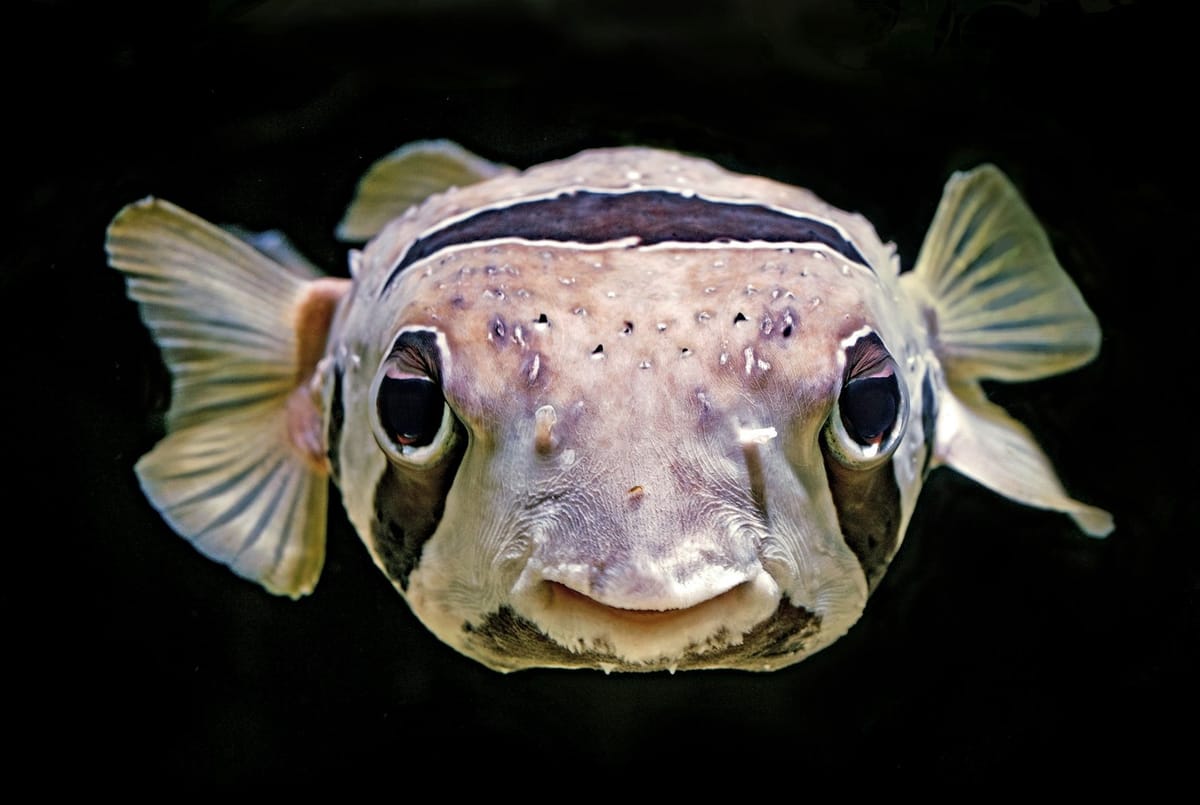Dominance: How social rank affect brain health - a fishy study

In social animals, stress from competing for dominance or coping with subordination can influence brain health by inducing oxidative stress.
Oxidative stress occurs when an imbalance between free radicals and antioxidants in the body leads to cellular damage. In the brain, it contributes to aging, neurodegenerative diseases, and cognitive decline, as neurons are particularly vulnerable due to high oxygen usage.
A study on cichlid fish, Astatotilapia burtoni, revealed how oxidative stress varies with social status.
The study
In this species, dominant males are territorial and reproductively active, while subordinate males are not. The researchers assessed several oxidative stress markers in brain regions of both dominant and subordinate males.
Dominant fish, known for their bright colors, showed reduced oxidative DNA damage and enhanced antioxidant capacity in certain brain areas compared to subordinate males.
But they also exhibited lower antioxidant levels in the telencephalon, the brain's largest region, controlling higher functions. And higher oxidative damage in the hypothalamus compared to subordinate fish.
This suggests that dominance provides some brain health benefits but also poses harmful costs.
Regulation of stress - the hormones
Reproductive activity is regulated by the hypothalamic-pituitary-gonadal axis, and the dominant fish, which were more reproductively active than the subordinates, showed better antioxidant defenses.
Subordinate fish, facing chronic stress and elevated cortisol (and no love life), had less effective antioxidant balance in their brains, making them more vulnerable to oxidative damage.
Social behavior and brain resilience
Markers of social behavior, such as aggression and territoriality, correlated with oxidative stress markers.
For example, dominant fish exhibiting more aggressive behaviors had higher antioxidant capacity, while subordinates with lower dominance scores showed reduced antioxidant levels. So, the aggressive fish´ brains were better at coping with brain stress markers.
This indicates that the social environment and individual behavioral strategies affect the brain’s oxidative balance. Or that males with the best inborn capacity to reduce the oxidative stress on the brain become dominant?
Implications for Brain Health
This research highlights how social hierarchies influence brain health through oxidative stress and antioxidant defenses.
Understanding these dynamics in cichlid fish can offer insights into the neurological effects of being in stressful hierarchies in other species, including humans.
About the scientific paper:
First author: Peter D. Dijkstra, USA
Published: Frontiers in Behavioral Neuroscience, November 2024
Link to paper: https://www.frontiersin.org/journals/behavioral-neuroscience/articles/10.3389/fnbeh.2024.1477984/full




Comments ()